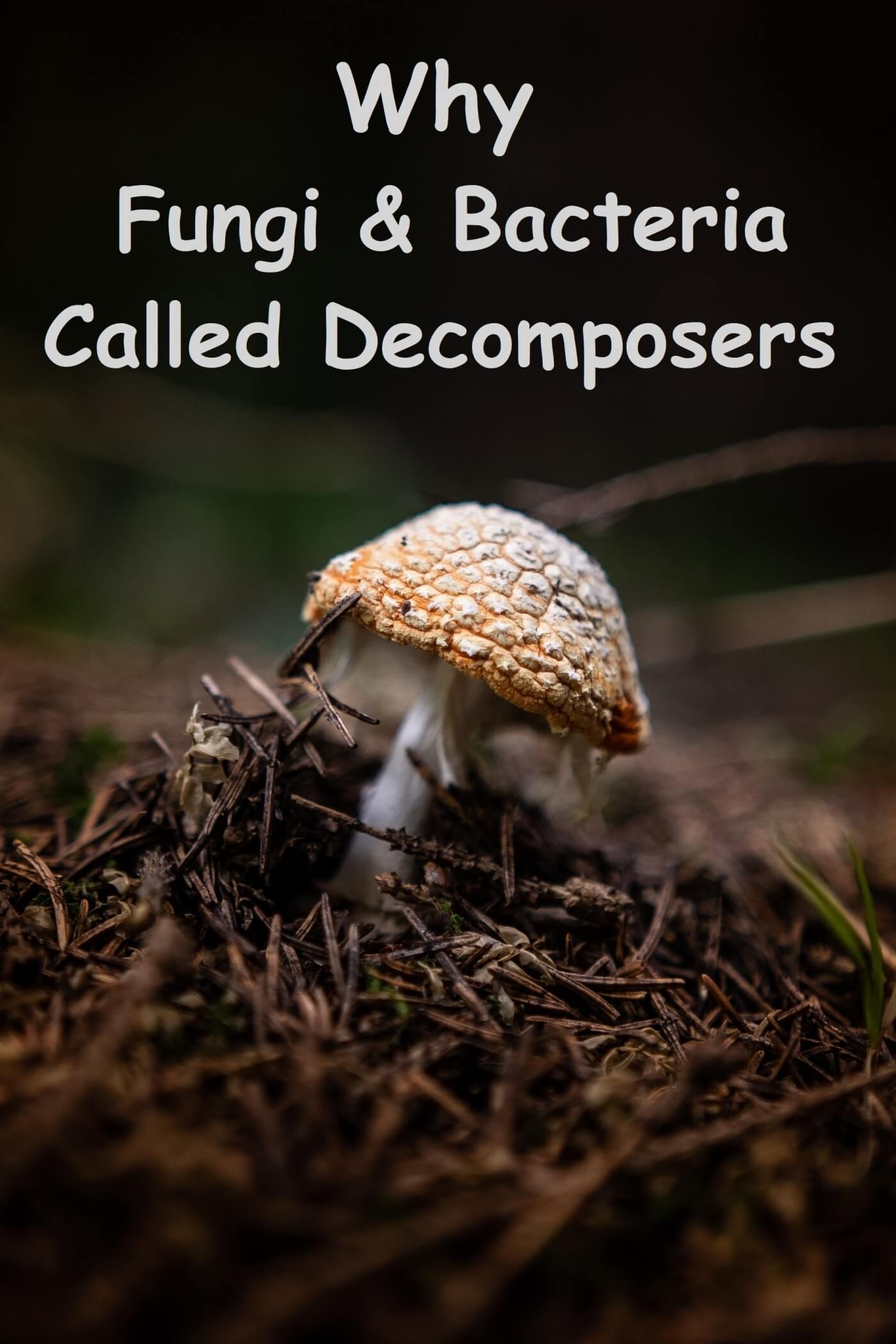Why are Mushrooms Important to the Food Chain Fungi Unveiled Biology Diagrams Therefore, mushrooms are an essential part of the natural food chain as decomposers rather than producers. The Diet of Decomposers. The food of decomposers primarily consists of dead animals and plants, as well as the waste products of othr organisms. Mushrooms and Food Chains. In the context of food chains, mushrooms serve as both decomposers and primary consumers. As decomposers, they obtain energy and nutrients from dead or decaying materials, playing a critical role in the breakdown of organic matter. Mushrooms can be considered part of the food chain as both decomposers and primary

Fungi, including mushroom decomposers, are experts at nutrient recycling. They break down complex compounds into forms that can be readily used by other organisms. This means that nutrients remain accessible to plants, which, in turn, become part of the food chain. In addition to their role as decomposers, mushrooms serve as a vital food source for many species, including insects, animals, and even humans. Their presence contributes to a balanced ecosystem, ensuring that each layer of the food chain is supported. Mushrooms operate primarily as decomposers in the food chain. They break down organic Food chain. In order to function, the entire food web relies on decomposers doing their job and returning those nutrients back into the cycle. Which lets the producers grow and feed the consumers. So yeah, decomposers are quite important to an ecosystem. Types of decomposers with examples 1. Fungi

4 Types of Decomposers (With Examples) Biology Diagrams
Mushrooms hold a significant position in the food chain as decomposers. They are part of the fungal kingdom and belong to the decomposer category, alongside various bacteria and fungi. Mushrooms play a crucial role in breaking down organic matter, such as dead plants and animals, into simpler forms, thereby facilitating the recycling of nutrients. Mushrooms are decomposers that use dead and decaying material to gain energy and help to recycle nutrients back into the food chain and thus are essential to the food chain. Q.2. Why are food chains shorter at each trophic level?

Fungi absorb nutrients from the plants and animals they consume while releasing enzymes that break down dead organic matter. Nutrient Cycling. Nutrient Cycling. Decomposers play a vital role in the food chain and give it a cyclical nature. Plants need sunlight and nutrients in the soil for photosynthesis, and decomposers are responsible for In food chains, fungi act as decomposers, also called saprotrophs, which recycle nutrients in an ecosystem. Without fungi, forest floors would be covered in plant debris and animal carcasses; similarly other ecosystems would have a vast amount of waste piled up. Fungi break down plant components like lignin and cellulose, so they are

What Role Do Fungi Play In Food Chains? Biology Diagrams
The final place in the food chain is occupied by decomposers such as fungi, which absorb dead organisms, such as dead plants and dead animal matter. Decomposition is a process in which decomposers break down dead organic matter and release inorganic material such as carbon dioxide and water, back to the soil, where producers can use it and

